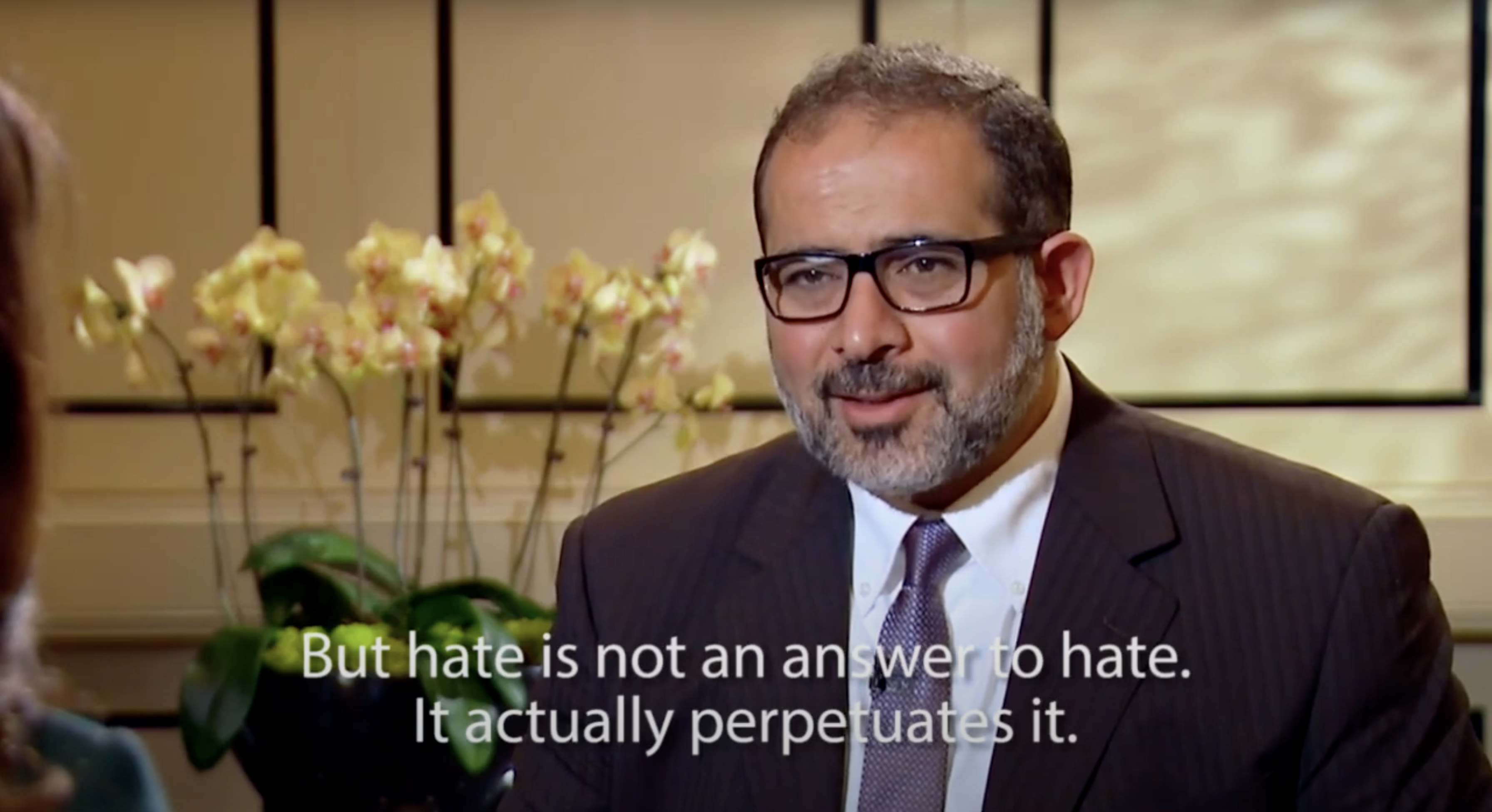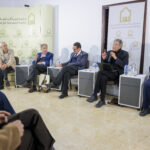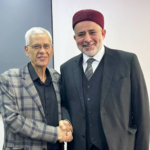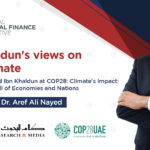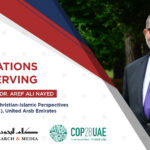Southeast Asian Muslims should appreciate own culture: Islamic studies scholar
In an interview with Channel NewsAsia’s Conversation With, Dr Aref Ali Nayed says that amid an “Arabisation” of Islam in the region, Malays should not give up their own culture to prove they are more Islamic.
SINGAPORE: Muslims in Southeast Asia should embrace their unique cultural traditions instead of adopting Arabic customs, according to Libya’s Ambassador to the United Arab Emirates (UAE) Dr Aref Ali Nayed.
“I think that it’s high time that Malaysia, Indonesia, Singapore and Brunei actually appreciated the traditions that have been taught in small schools and villages for several centuries now,” said Dr Nayed, who is also the founder and director of think-tank Kalam Research and Media.
“Why should a Malay give up his way of dressing, or his way of talking or his language in order to somehow prove that he’s more Islamic by borrowing some Arabic words?” he said during an interview with Channel NewsAsia’s Conversation With that aired on Mar 28.
Dr Nayed was in Singapore to deliver a seminar at the ISEAS-Yusof Ishak Institute on defeating Islamic State.
Dr Nayed, who has been ranked as one of the top 50 most influential Muslims in the world by Jordanian think-tank The Royal Aal al-Bayt Institute for Islamic Thought, made his remarks as the “Arabisation” of Islam and cultural practices in Southeast Asia stir controversy.
In similar comments made recently in an interview with Malaysia’s The Star, the Sultan of Johor last week warned Malays to stick to their own culture instead of imitating Arab trends. The ruler was responding to the tendency for some Malaysian Malays to lean towards Arab culture amid growing conservatism.
NO NEED TO BE ARAB TO BE A GOOD MUSLIM
Dr Nayed – an Islamic studies scholar who has lectured on Islamic theology, logic, and spirituality at universities around the world – also warned against mindlessly accepting religious teachings from Arabic theologians.
He encouraged religious scholars in Southeast Asia to “not only appreciate what they have but to actually foster it and grow it with their own future generations”.
“There is no need to send off kids to some Arab countries. (They) actually teach a flattened version of Islam that is quite foreign to what Islam is actually about,” Dr Nayed added.
While Islamic studies scholars like Shaykh Abdallah bin Bayyah are doing good work in the UAE, according to Dr Nayed, the ambassador added: “Much of the literature coming off Arabic presses unfortunately has been highly politicised and the theologies have been reduced to a number of principles that are actually quite dangerous.”
When asked if local cultures are standing in the way of achieving the belief of a universality of Islam, Dr Nayed dismissed the idea.
To be a good Muslim, he said: “One has to first be a good Singaporean Muslim or a Malay Muslim or a good Indonesian Muslim.
“Only then can you be a representative of the universal Islam. So respecting your locality does not mean giving up on the universality.”

